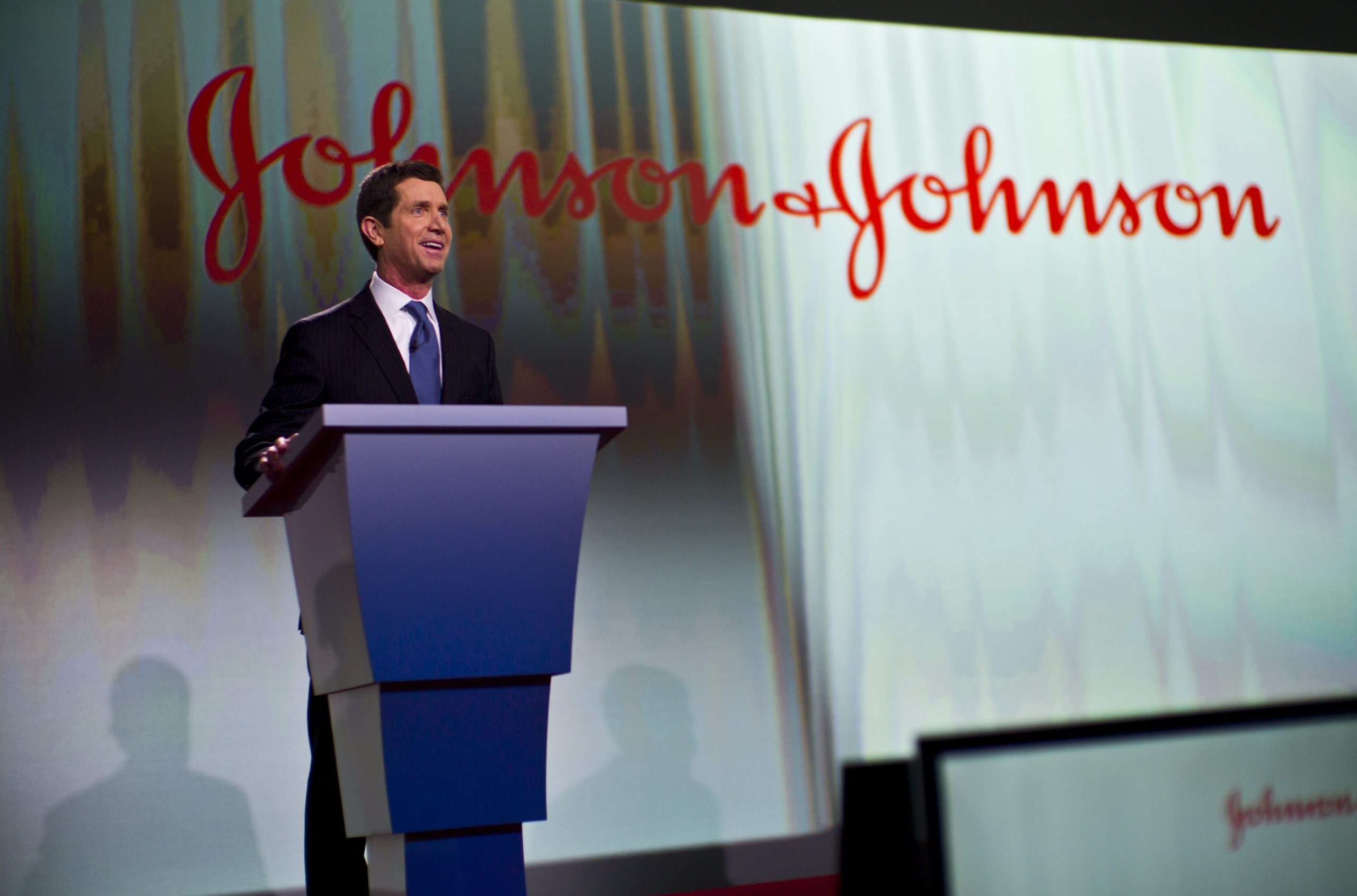Zytiga is powerhouse for J&J - but for how long?

The future of Johnson & Johnson's cancer blockbuster Zytiga is in doubt, after a US patent ruling has opened the door to generic competitors.
Johnson & Johnson’s Q4 results were hit by a one-off $10.7 billion loss related to US tax law changes – but a giant company like J&J can absorb this kind of problem.
The overall performance of the company continued to be strong with quarterly sales up 11.5% to $20.2 billion, and particularly strong figures from its pharma arm which saw revenues grow 17.6% to nearly $9.7 billion in Q4.
But it remains to be seen how long this can continue because of dwindling sales of its inflammatory disease drug Remicade and a looming threat to Zytiga.
Zytiga (abiraterone), approved since 2011 for use in prostate cancer, is its biggest selling cancer drug, and saw sales jump 45.5% compared with last year’s Q4 to $755 million.
Full-year sales for 2017 were also up almost 11%, to just over $2.5 billion.
But around half of the drug’s sales are based in the US, where the drug could well face generic competition this year after J&J lost out a legal fight earlier this month.
J&J has said it is to appeal against the inter partes review decision by the US Patent & Trademark Office that overthrew a key patent which would have protected Zytiga until 2027.
This paves the way for generics firms, led by Argentum, to market cut-price competitors this year if higher courts agree with the USPTO decision.
Zytiga had received a significant boost following results of the LATITUDE study which showed it can be used in a wider group of patients, in late-stage cancer either before or after chemotherapy.
This gives Zytiga an edge over Pfizer/Medivation’s rival Xtandi (enzalutamide), which is only approved for use after chemotherapy.
Without Zytiga, J&J’s portfolio of cancer drugs rests on three other medicines – Darzalex, Imbruvica and Velcade in blood cancer.
J&J is clearly still interested in developing new cancer drugs after signing a collaboration and licence agreement with Legend Biotech to develop, manufacture and market a CAR-T cell therapy targeting BCMA for treatment of multiple myeloma.
Aside from chief financial officer Dominic Caruso’s pledge to “vigorously defend” Zytiga from generic competition, J&J may well invest in more cancer collaborations, or M&A to bolster its long-term cancer pipeline.
Remicade slipping
In a separate development J&J’s damage-limitation operation to preserve revenues from its inflammatory diseases blockbuster Remicade (infliximab) hit a major snag after another patent decision went against it.
The US Circuit Court of Appeals for the Federal Circuit affirmed a lower court’s ruling that a patent covering the active ingredient in Remicade was invalid because its concepts were covered in a previous patent.
This is likely to limit J&J’s ability to seek damages from Pfizer, which has launched a biosimilar of Remicade ‘at risk’ in late 2016.
Latest figures show that Remicade’s sales are slipping as a result – US sales in Q4 were down 8.5% to just over $1 billion. International sales are also on a downward trajectory as Remicade biosimilars have been on the European market, where MSD holds marketing rights, for several years.













